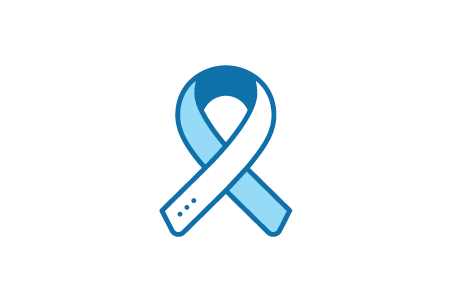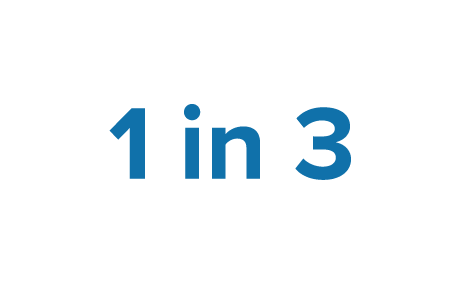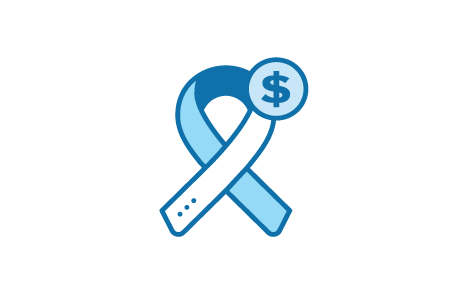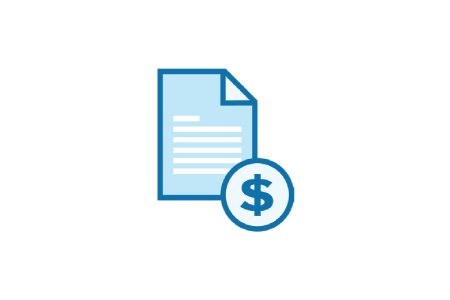Financial toxicity is the term used to describe the harmful effect of high medical treatment costs on a person’s quality of life.3 This is caused by out-of-pocket costs faced by the patient — like copays, deductibles, coinsurance and prescriptions.2

People with cancer and survivors are more likely to have financial toxicity than those without cancer.2

One in three women and one in three men will be diagnosed with cancer in their lifetime.1

Cancer is one of the most expensive medical conditions to treat in the U.S.2

Having cancer may make it hard to do the physical and mental tasks for their job.2

Employees may miss time at work or not be able to work at all. One study showed that working people who are getting cancer treatment missed about 22 more workdays a year than those who did not have any cancer treatment.2

Not being able to work can also affect their health insurance when part or all of the premium is paid by the employer.2

Patients may skip medical visits or not take their medicine as directed.1

Patients may have a lower quality of life including poor mental health/feeling depressed, more symptoms and more pain.1

Reduced spending on food, clothing or leisure activities.3

May lead to debt or other harmful financial events.1
Supplemental insurance is quickly becoming a vital tool for both employees and employers to help combat the rising costs of health care. Aflac insurance offers assistance to many employees, helping them mitigate the risk of an unexpected health event, such as a life‑threatening illness or injury that requires expensive treatment. As you look for new ways to help support your workforce, supplemental insurance can enhance your overall benefits package and help set your business apart.
Ask your Aflac benefits advisor for more information about how Aflac’s cancer and disability insurance products can help protect your employees.
Companies choose to make Aflac policies available to increase benefits options without impacting their bottom line.
1 American Cancer Society. Cancer Facts & Figures 2025. https://www.cancer.org/research/cancer-facts-statistics/all-cancer-facts-figures/2025-cancer-facts-figures.html. Accessed: 2/12/25.
2 Financial Toxicity and Cancer Treatment. National Cancer Institute. https://www.cancer.gov/about-cancer/managing-care/track-care-costs/financial-toxicity-pdq#:~:text=pay%20your%20bills.-,Financial%20 toxicity%20describes%20problems%20a%20patient%20has%20related%20to%20the,financial%20problems%20for%20a%20patient. Accessed: 3/18/25.
Coverage is underwritten by American Family Life Assurance Company of Columbus. In New York, coverage is underwritten by American Family Life Assurance Company of New York.
Aflac | WWHQ | 1932 Wynnton Road | Columbus, GA 31999.
Cancer insurance is also known as specified disease insurance in some states. Coverage availability, benefits, limitations and exclusions may vary by state. Coverage may not be available in all states, including but not limited to DE, ID, NJ, NM, NY, VA or VT.
Cancer: In Delaware, Policies B70100DE, B70200DE & B70300DE. In Idaho, Policies B70100ID, B70200ID, B70300ID, B7010EPID, B7020EPID. In Oklahoma, Policies B70100OK, B70200OK, B70300OK, B7010EPOK, B7020EPOK. In Virginia, policies A75100VA–A75300VA. STD: In Delaware, Policies A57600DE & A57600LB. In Idaho, Policy A57600IDR. In Oklahoma, Policies A57600OK & A57600LBOK. In Virginia, Policies A57600VA & A57600LBVA.
Z2500256
EXP 4/26